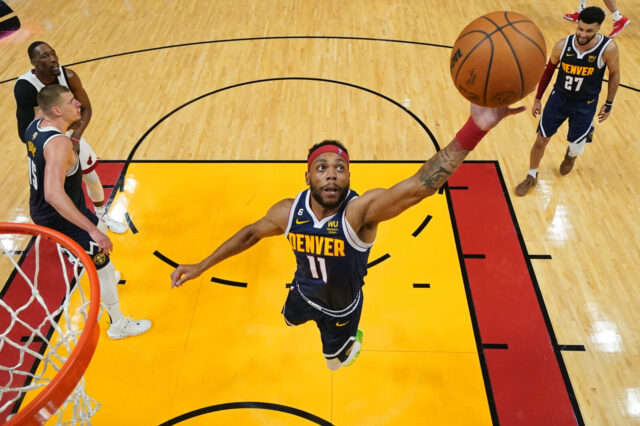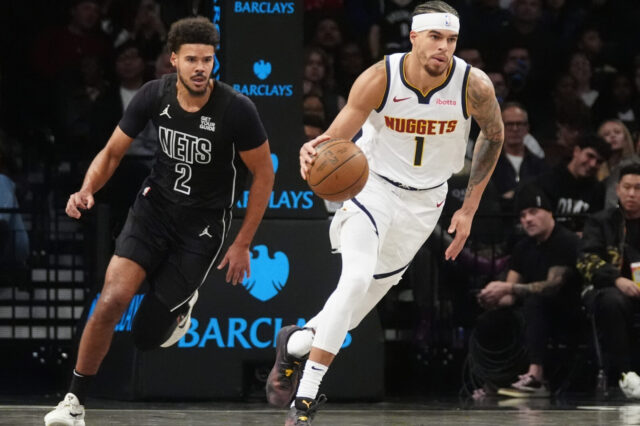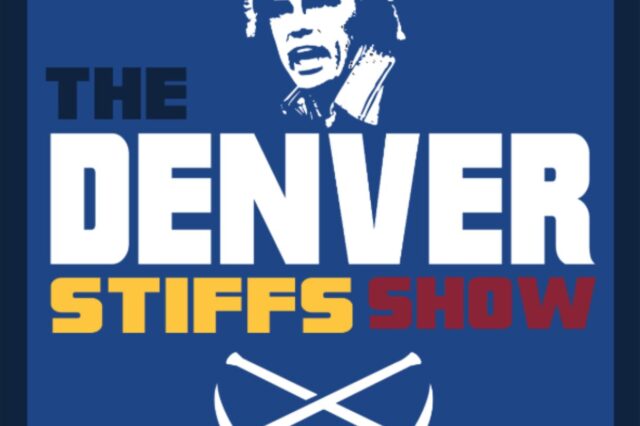An otherwise fairly standard All Star Weekend was rocked late Sunday night when Adrian Wojnarowski dropped the “Woj bomb” that the Sacramento Kings were actively pursuing a trade of DeMarcus Cousins, within a couple of hours the mercurial big man was shipped off to the New Orleans Pelicans in what was one of the most lopsided deals in memory. The Kings return for a perennial all star and arguably the best big man in the league? Rookie Buddy Hield, Langston Galloway, the expiring deal of Tyreke Evans and a first round pick and second round pick in this years draft. Using a combo of FiveThiryEight.com’s CARMLEO system and an average of a player’s wins above replacement (WAR) from the previous two seasons I developed an admittedly simple way of gauging the potential cost of acquiring a star player like Cousins, in fact he was one of the players featured in the series. The numerical value for a return on a star trade typically had to fall into the 7-11 cumulative WAR range. The actual trade for Cousins netted similar draft compensation to what is seen in star trades (maybe even a little less) and a cumulative WAR value of 3.52…yikes.
No one is really quite sure what the Kings are doing, save for their play by play guy who appeared to be ecstatic on Twitter, but a common thought out of the Denver Nuggets fan base was that if the Kings were willing to part with Cousins for so little, and given the Nuggets have assets to spend, why oh why did Denver not top a mediocre offer from the Pelicans who are just 2.5 games back of the Nuggets for the final spot in the playoffs. There’s no arguing the fact that the Nuggets could have come up with a package that was better than what New Orleans offered, or that the Pelicans getting Cousins is a big blow to Denver’s playoff chances. The Kings reportedly wanted a young talent, expiring contracts and draft picks. The Nuggets could have offered Jamal Murray, Danilo Gallinari, Will Barton and the exact same draft compensation (or better) as the Pelicans, a package which you’ll be hard pressed to find someone who thinks is worse than the actual return Sacramento got. I’m not here to argue the Nuggets couldn’t have got a deal done if they wanted to, I’m here to say that clearly they didn’t want to and I am glad they didn’t, mainly for two reasons.
The first reason is Cousins is a jerk. Last week I wrote on how easy it was to root for this current Nuggets roster because not only are they fun on the court but they are also a group of genuinely good guys who are equally as easy to root for off the court. By all accounts, Cousins is not one of these guys. There’s also the biased part of me. I have the privilege of getting to go into the Nuggets locker room and talk to the players after a game. It’s an awkward situation by nature, being interviewed in your underwear is a job requirement pretty much limited to athletes (and maybe Calvin Klein models) but there’s also the delicate portion that the players can be emotionally charged after a game, particularly after a tough loss. When it comes to Cousins, that situation gets even more delicate, and he’s been known to handle it in the worst of ways.
So yeah, I’m not shedding any tears about not having to deal with that. Beyond just my personal desire to not be bullied at the workplace, there’s the way it could affect the team to consider as well. When Tim Connelly jettisoned Brian Shaw and brought in Michael Malone the locker room was a mess. The Nuggets made no secret of it either. The catch phrase surrounding that hire and the subsequent season was culture change. It’s something the coach was asked about plenty of times last year and again so as this season began. The opinion of both the coach and those that cover the team is that he was successful in his endeavor to truly change the culture of the locker room. As Matt Moore of CBS Sports pointed out back in September, Malone’s balance between how he holds players accountable and how he genuinely cares about them as people is an endearing form of leadership that seems to get the best out of his guys. Yes, in his previous coaching stint one of those guys was Cousins but given that fact it makes it even more eye opening. For a team who has focused on culture change so heavily and at the same time has a coach who seemingly was the best at controlling the Pelicans’ newest addition it speaks volumes that they didn’t pursue Cousins very hard, if at all. Clearly they knew enough to know it wasn’t a prudent move in line with their philosophy.
On the other hand, and the second reason why I am glad Cousins is not in a Denver uniform, the decision could have come down to something as simple as fit ON the court. The Nuggets of course have their center of the future in Nikola Jokic, a player that by the advanced metrics is having a sophomore season on par with the likes of David Robinson, LeBron James, Charles Barkley…and Michael Jordan. Jokic obviously has a long long ways to go before even scraping the surface of what those Hall of Famers accomplished but the point is he’s clearly worthy of the position of Denver’s big man of the future and also makes a case strong enough by himself for why the Nuggets didn’t need to pursue Cousins. However, one can argue that it would have been a prudent move for Denver to try and snag Cousins to pair with Jokic, particularly given the low asking price from the Kings.
Unfortunately, the Nuggets have gone down the twin tower road this season already, and it flat out didn’t work. Jokic played eight games as the starting power forward at the beginning of the season and by every statistical category there is he was worse. The Nuggets as a team performed terribly as well. They went 3-5, had a net rating of -5.2, had nearly as many turnovers as assists and had an effective field goal percentage 4% less than their season average. I could go on and on with numbers showing how bad the Jusuf Nurkic-Nikola Jokic pairing was but it’s not necessary, simply put they were bad. While Cousins could mitigate some the issues Denver faced in its twin tower lineup, particularly the clogged lane (Cousins is shooting roughly league average from three on over 250 attempts while Nurkic has yet to take one this season) he still in all likelihood would have pushed Jokic into the four on defense where Nikola’s weaknesses are exposed. The alternative would be putting Boogie on power forwards but not only does he too have questionable ability to guard the smaller more athletic stretch fours of the league, but also making him defend out to the three point line would limit his effectiveness as a rim protector (which is ok, not great). Simply put, off court antics aside and despite the gaudy production, Cousins is just not a good fit on this roster.
So despite the low asking price, a trade for Cousins wouldn’t have been in the best interest of the Nuggets. Even with him being imminently gettable, the Pelicans did still have to surrender their top choice from the previous draft in Hield. A Nuggets package for Cousins without a doubt would have had to involve Jamal Murray, widely considered the second most valuable prospect on the Nuggets roster and has a better true shooting percentage, better value over replacement player, better box score plus minus and better win shares per 48 minutes than Hield while also being three and a half years younger. Murray certainly isn’t untouchable in star trades, in fact he’s almost guaranteed to be the centerpiece of any package coming from the Nuggets, but to give him up for a player who neither fits the scheme nor the culture of the team would be a mistake. So while Cousins may end up being great for the Pelicans, the antics and the fit made him a no go for Tim Connelly and company, and I for one am glad that was the case.


